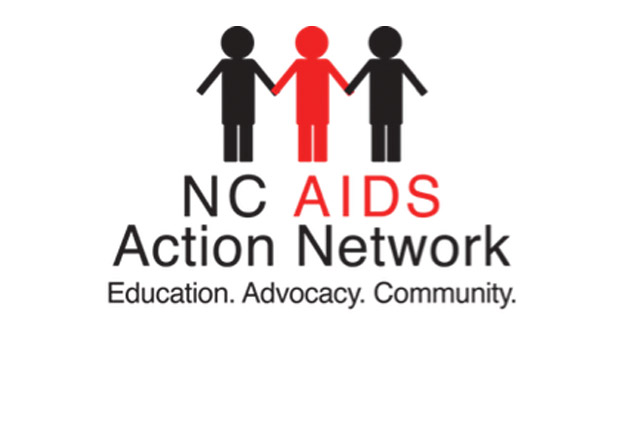There are more than 56,000 new cases of HIV infection each year in the country. But the Office of National AIDS Policy is trying to change that. It was originally created under President Bill Clinton’s administration to respond to the AIDS epidemic during the 1990s. But former President Barack Obama released a national strategy in 2010 to continue to work on bringing that number down.
Lee Storrow is the Executive Director of the North Carolina AIDS Action Network. He said he hopes President Donald Trump continues to work on the national strategy under his administration.
“One hope that I know the national movement is going to be focusing around is maintaining that office of national AIDS policy,” he said. “And using the coming months to have some conversations about that.”
After President Trump’s inauguration, the office’s website became inaccessible, and it was reported that the office was closed. It isn’t clear whether President Trump has plans to reopen it.
Storrow said another question he and the rest of the NC AIDS Action Network have is what is to come of the Affordable Care Act, since it has allowed many people with HIV or AIDS to access treatment.
“I think we’ve actually seen folks—good advocates to say that that’s inappropriate, this initial plan to simply repeal the Affordable Care Act and not put a replacement in for several years,” he said. “So now I think we’re really starting to see the really difficult policy-making work of crafting a replacement come out and you’re seeing at a national level real difficulty in finding a plan that can lead to consensus to be a replacement.”
Lee Storrow spoke with WCHL’s Aaron Keck.
The national strategy under Obama’s administration included four pillars: reducing new HIV infections, increasing access to care for those living with the disease, reducing HIV-related disparities and achieving a more coordinated response.
Storrow said scientific discoveries about HIV are constantly happening and although there currently isn’t a cure for the disease, there are treatments that slow the progression.
“One of the things that we know about HIV science right now is if you can get individuals living with HIV into care and on medication,” he said. “Then their viral load will become suppressed. For folks who don’t know what that language means, it basically means at a laymen’s level that you’ll have a very low amount of HIV within your blood and within your body.”
The NC AIDS Action Network was originally created to provide visibility and support to those in the state living with HIV or AIDS. Storrow said it’s important that they be able to keep doing that with federal support.
“This is a topic that really can bring folks together,” he said. “I think across folks who are interested in public health, folks who are interested in good economic policy, and people who are interested in just making sure that we stop the spread of HIV through proven evidence-based methods that we know work.”
Click here to learn more about the NC AIDS Action Network and about the organization’s mission.







Comments on Chapelboro are moderated according to our Community Guidelines